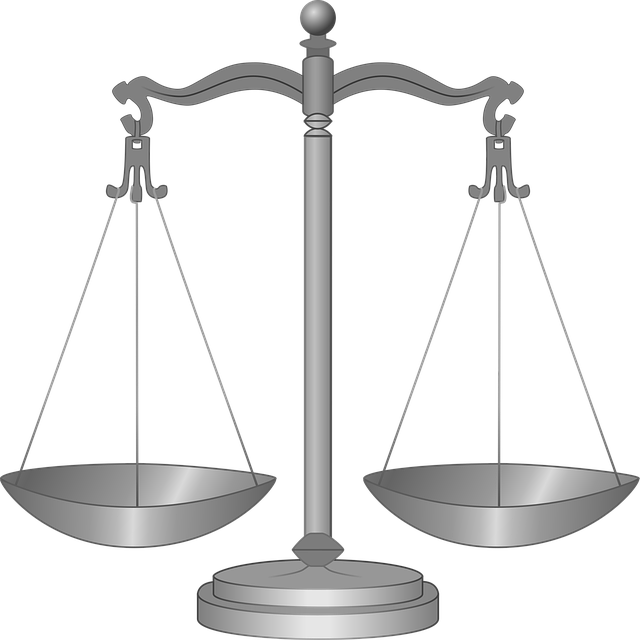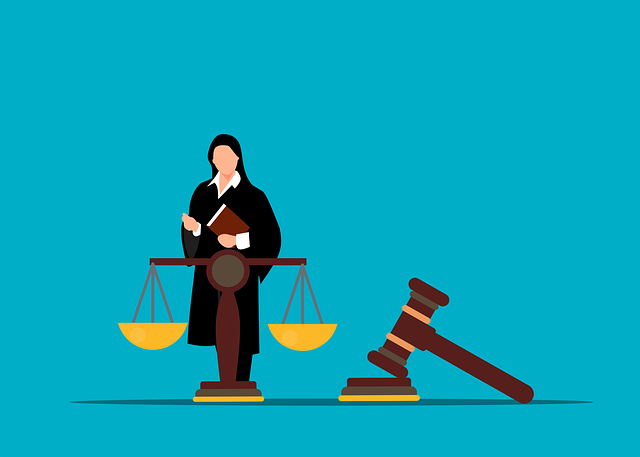Oregon defense lawyers face critical errors like misinterpreting evidence, ineffective communication with clients, and neglecting to challenge prosecution cases. Additional mistakes include inadequate cross-examination strategies, overlooking potential witness testimonies, and failing to stay updated on legal precedents. Avoiding these legal defense mistakes requires meticulous analysis, clear communication, strategic disputing of evidence, proactive witness identification, and continuous legal education.
In Oregon, navigating complex defense strategies is crucial for successful outcomes. However, even the most experienced attorneys fall victim to common legal defense mistakes. This article explores five pervasive errors that can undermine a strong defense: misinterpreting evidence, ineffective client communication, failing to challenge prosecution cases, inadequate cross-examination tactics, overlooking potential witness testimonies, and staying out of date with legal precedents. Recognizing these pitfalls is the first step towards effective navigation in Oregon’s legal landscape.
- Misinterpreting Evidence: A Common Pitfall
- Ineffective Communication with Clients
- Neglecting to Challenge Prosecution's Case
- Inadequate Strategy for Cross-Examination
- Overlooking Potential Witness Testimonies
- Failure to Stay Updated on Legal Precedents
Misinterpreting Evidence: A Common Pitfall

Misinterpreting evidence is a significant pitfall in Oregon defense cases, often leading to strategic miscalculations and unfavorable outcomes. Lawyers must carefully scrutinize every piece of evidence, understanding its context and potential impact on the case. A misstep here can result in a distorted narrative, causing the judge or jury to reach incorrect conclusions. For instance, out-of-context statements or selectively chosen facts might paint a misleading picture, undermining the legal defense strategy.
This error underscores the importance of thorough analysis and an unwavering commitment to integrity within the legal process. Attorneys must remain objective, ensuring every piece of evidence is evaluated in its entirety, with consideration for alternative interpretations. By doing so, they can navigate the complexities of Oregon’s legal landscape effectively, fostering a more accurate representation of their clients’ interests.
Ineffective Communication with Clients

Ineffective communication between attorneys and clients is one of the most common legal defense mistakes in Oregon cases. When clients feel unheard or misrepresented, it can lead to misunderstandings, missed deadlines, and even a breakdown in trust. Attorneys must actively listen to their clients’ concerns, clarify expectations, and maintain open lines of communication throughout the legal process. Regular updates, detailed explanations of legal strategies, and prompt responses to inquiries are crucial for building a strong attorney-client relationship.
Moreover, clear and consistent communication ensures that clients fully comprehend their rights, obligations, and potential outcomes. Miscommunications can result in costly delays or even wrongful convictions. By prioritizing effective communication, Oregon defense attorneys not only strengthen their case but also enhance the overall legal experience for their clients, fostering a partnership essential for achieving favorable results.
Neglecting to Challenge Prosecution's Case

Many defendants in Oregon often find themselves making critical legal defense mistakes, such as neglecting to challenge the prosecution’s case. This oversight can have severe consequences, as it allows the state to present unchallenged evidence, which may include flawed witness testimonies, circumstantial evidence, or even illegal searches and seizures. A competent legal defense should scrutinize every aspect of the prosecution’s argument, raising doubts and presenting alternative explanations to weaken their case.
Attorneys who fail to challenge the prosecution’s case risk leaving their clients vulnerable to convictions based on unquestioned assumptions and interpretations of facts. This is particularly important in Oregon, where complex legal procedures and intricate evidentiary rules apply. By proactively examining and disputing the prosecution’s evidence, legal defenders can ensure a fair trial and increase the chances of favorable outcomes for their clients.
Inadequate Strategy for Cross-Examination

Many Oregon defense cases suffer from a critical flaw: inadequate strategy during cross-examination. Lawyers who fail to thoroughly prepare and execute effective cross-examinations risk weak outcomes for their clients. This often involves oversights in gathering relevant evidence, understanding witness testimonies, and crafting insightful questions that expose inconsistencies or weaknesses in the prosecution’s case.
Inadequate cross-examination can lead to missed opportunities to undermine key witnesses, leaving the legal defense vulnerable to a strong prosecution narrative. It’s crucial for attorneys to invest time in reviewing case materials, preparing thorough question lists, and understanding the nuances of witness statements to ensure a robust and strategic questioning process.
Overlooking Potential Witness Testimonies

Many Oregon defense cases lose strength due to a critical oversight: overlooking potential witness testimonies. Witness statements can be transformative, providing new perspectives and evidence that may strengthen or even completely alter the case’s trajectory. Legal defense mistakes often occur when defense teams fail to explore this crucial aspect, missing out on valuable insights that could have significantly impacted their strategy.
In the hustle and bustle of preparing for trial, it’s easy for these potential witnesses to fall through the cracks. However, taking the time to identify and interview relevant individuals can unveil hidden facts or offer alternative explanations, thereby enhancing the legal defense. This proactive approach ensures no stone is left unturned in the pursuit of justice.
Failure to Stay Updated on Legal Precedents

In the dynamic landscape of Oregon’s legal system, one of the most significant legal defense mistakes attorneys can make is failing to stay updated on legal precedents. The law is a living, breathing entity, constantly evolving through court decisions and new legislative acts. Legal professionals who do not keep pace with these changes risk presenting outdated arguments or missing crucial points that could sway a case. This oversight can lead to weak defenses, unexpected outcomes, and even appeals.
Attorneys must prioritize continuous legal education to remain adept at navigating Oregon’s complex legal environment. Keeping abreast of recent court rulings, statutory amendments, and emerging legal doctrines ensures that defense strategies are both effective and compliant with the law. By staying informed, lawyers can better predict potential challenges, anticipate opponent moves, and construct robust defenses tailored to each unique case.














